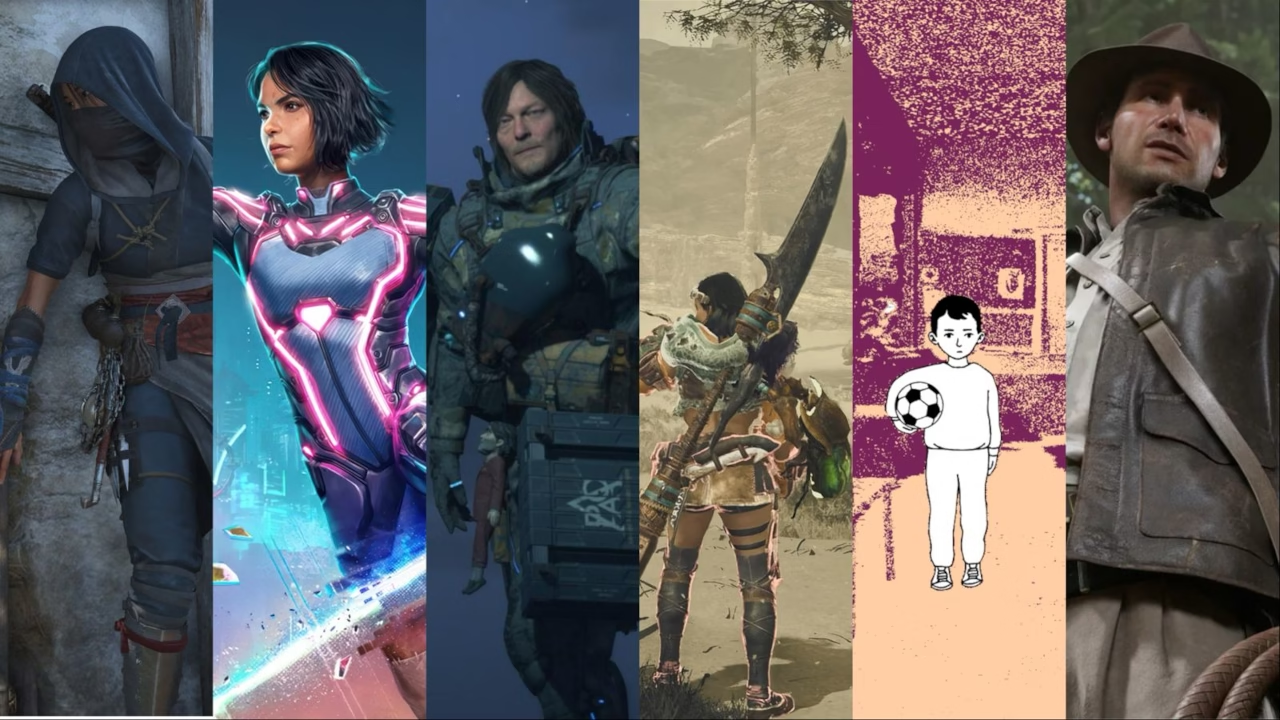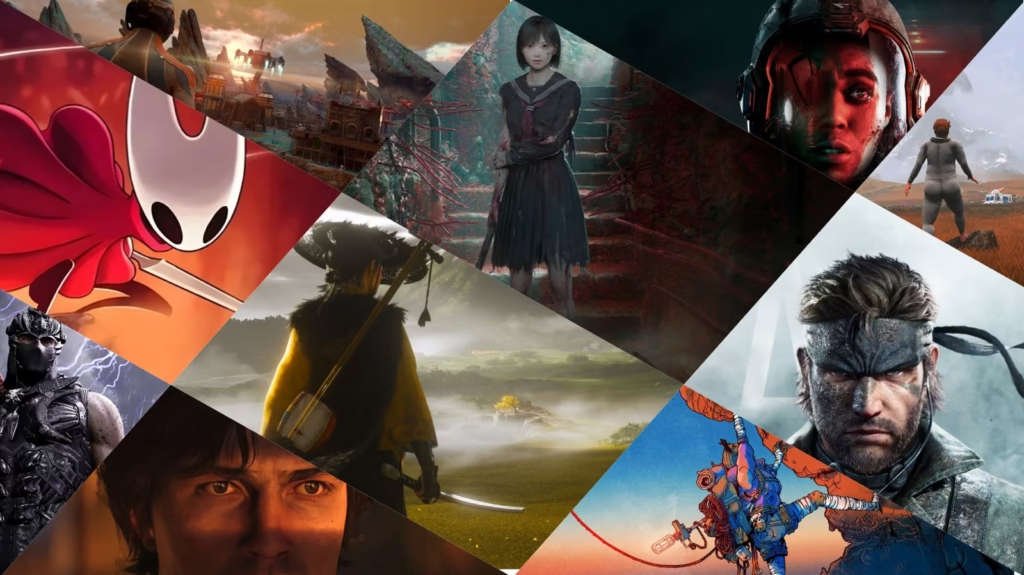Monsoon clouds, fruity cocktails, Test cricket, unfinished books and the realisation that half the year has rolled by already. While for most civilians out there this might be an opportune time to take stock of their lives and health — perhaps even a break from it all, if you ask us — for the industrious sub-genre of gamers (and gaming-curious) like you and me, it’s a relative lull during which to look back at the past six months and reassess our expectations (and wallets) against reality.
When it comes to Story Mode‘s nice list, the year so far has been a pleasant mix of some familiar names and a few glorious surprises. From AAA studios delivering the goods to AA and indie productions punching mightily above their weight, the first half of 2025 has had it all. So without further exposition, here is our selection of the best of the best:
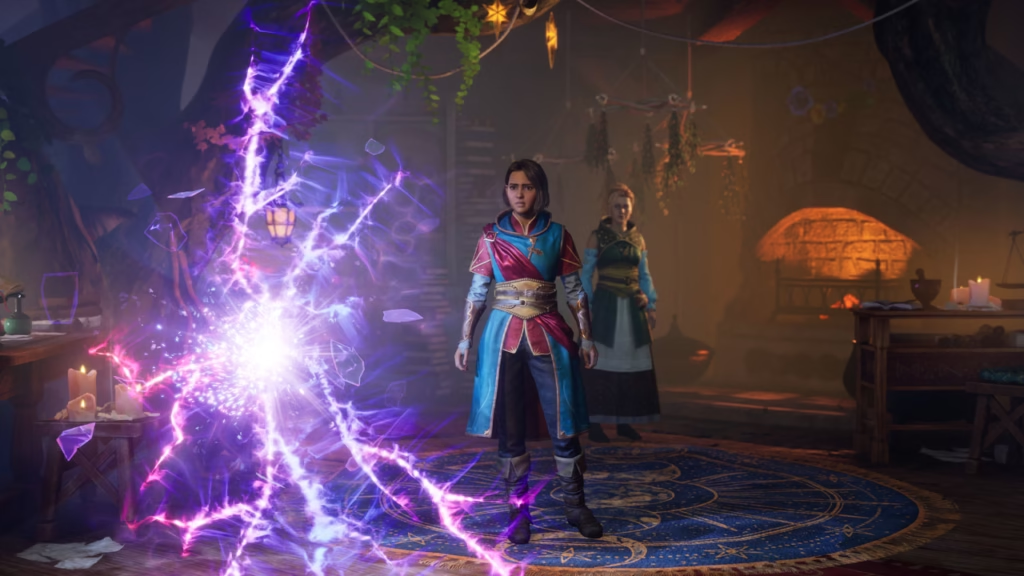
Split Fiction is the latest example of Hazelight Studio’s steadily growing mastery of the art of co-op games. Propelled although it is by a simple yet clear story and with basic albeit relatable characters, it’s the gameplay that is the star of the show here. With a mix of gameplay loops borrowed from all titles and genres of all hues, this is a case of top-tier game design married with an innate understanding of player behaviour. And to be precise, how players behave in tandem.
Whether it’s getting players to act in coordination to solve puzzles, take down enemies or even just get from A to B, the game hits that sweet spot where no task is ever too challenging, nor does it last long enough to get tedious. Throw in a crazy final level that combines sci-fi and fantasy elements, and what you’ve got is a strong contender for Game of the Year. Read our review here.
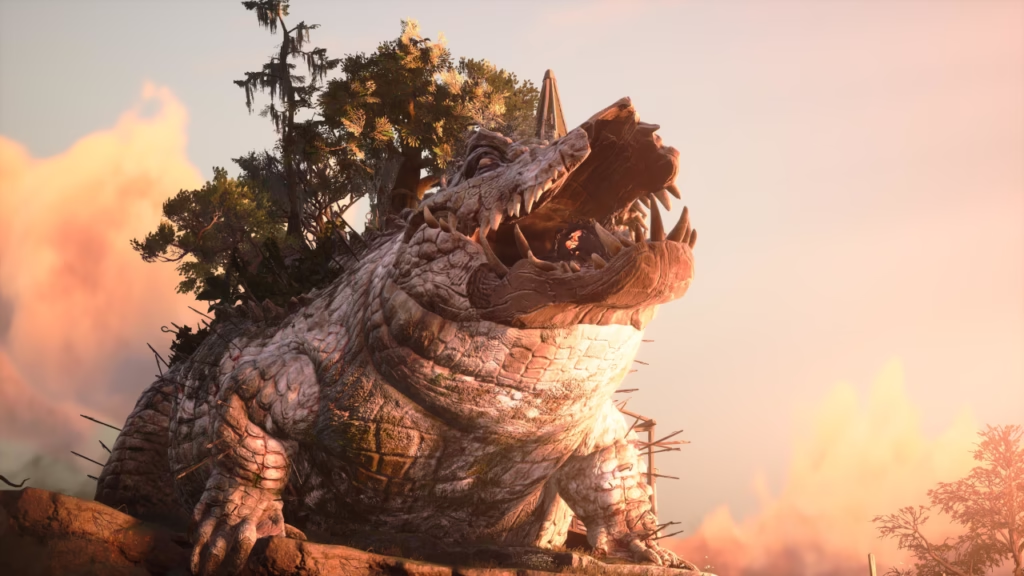
South of Midnight is best described as a Southern Gothic dream come to life, and bringing with it a clutch of legends and characters that populate the pages of writings set in this sub-genre. A linear jaunt set in the American Deep South, this action-adventure by Compulsion Games puts the player in the shoes of Hazel Flood, a teenager who watches her home (with her mother inside) get washed away during a hurricane. And over the course of 14 chapters, she encounters all manner of weird and wonderful creatures and worlds in her quest for her mother.
One of the standout qualities of this game is the manner in which it uses lore and top-notch world-building to keep the player hooked until the credits roll. Driven by a marvellous soundtrack and a visual style that takes a Claymation-stop motion aesthetic and blends it with a modern style, this is truly a game that must be experienced. Read our review here.
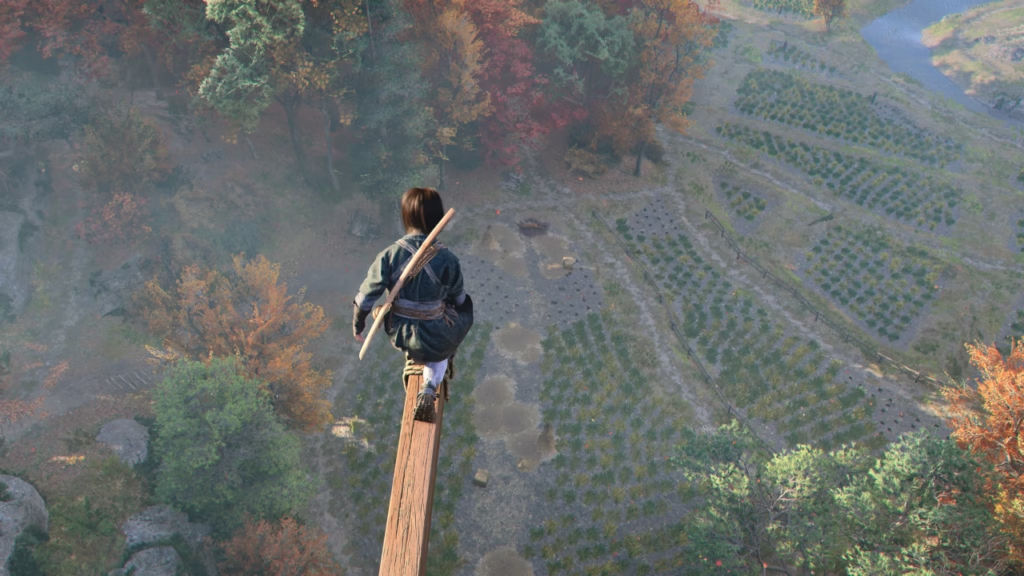
This year saw Ubisoft’s Assassin’s Creed franchise return to form with Shadows. Set in 16th Century Japan during the Sengoku period, the game follows two very distinct protagonists: Fujibayashi Naoe, a young kunoichi driven by vengeance, and Yasuke, an African slave-turned-samurai seeking his place in a turbulent land. Unlike previous entries, Shadows enriches its narrative by exploring these contrasting perspectives with grounded, nuanced characters, eschewing over-the-top bravado for subtlety and emotional depth. The storytelling is polished and streamlined, with a new ‘canon mode’ allowing players to enjoy a more guided experience.
Visually, Shadows is the franchise’s most stunning instalment yet (and that’s saying something), boasting intricate architecture, dynamic weather, and a vibrant, living world that invites exploration. And while on one hand the gameplay shines with finely tuned combat, offering distinct playstyles for each protagonist (stealthy precision for Naoe and brute force for Yasuke), new mechanics like a scout system and improved quest navigation also work to enhance immersion. Put all this together and you have a refined, cinematic triumph that revitalises the series with elegance and focus. Read our review here.
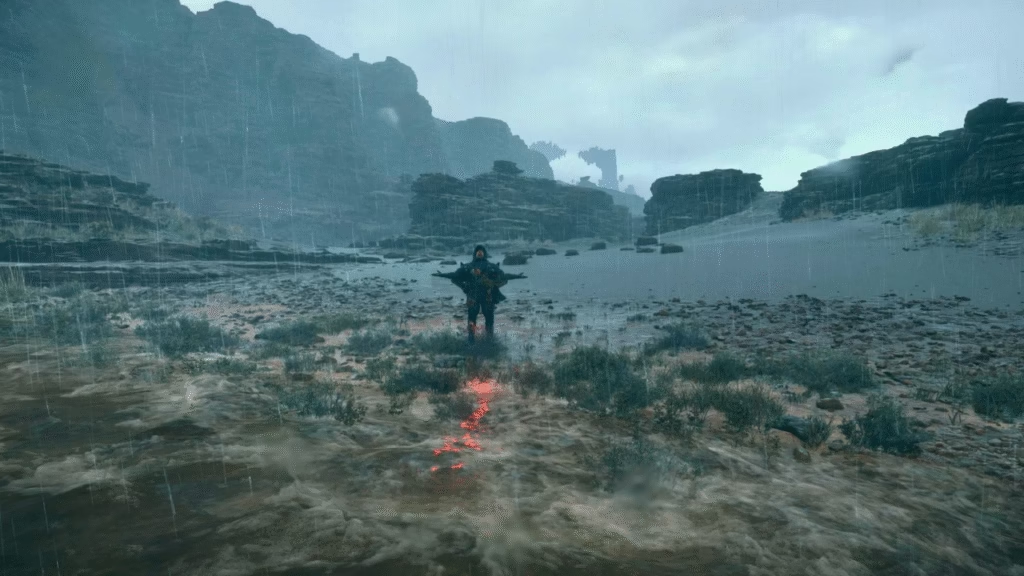
Dropping six years after the frankly divisive original game, Death Stranding 2: On the Beach improves upon its predecessor in almost every conceivable way. Narratively, the game feels more unshackled (and unhinged) than before, and this allows Hideo Kojima to tell a marvellously batshit story.
It should be stated that none of this would be possible were it not for solid, and in some cases, sublime gameplay mechanics to drive this open world behemoth over the line and into the hearts of at least a few million worldwide. The biggest improvement from the last outing however — and this is probably what will see On the Beach far surpass Death Stranding — is that the pacing (whether in terms of the story or the gameplay elements that take you metaphorically from A to B) has been finetuned to near-perfection. Expect the plaudits to roll in thick and fast when awards season descends on us. Read our review here.
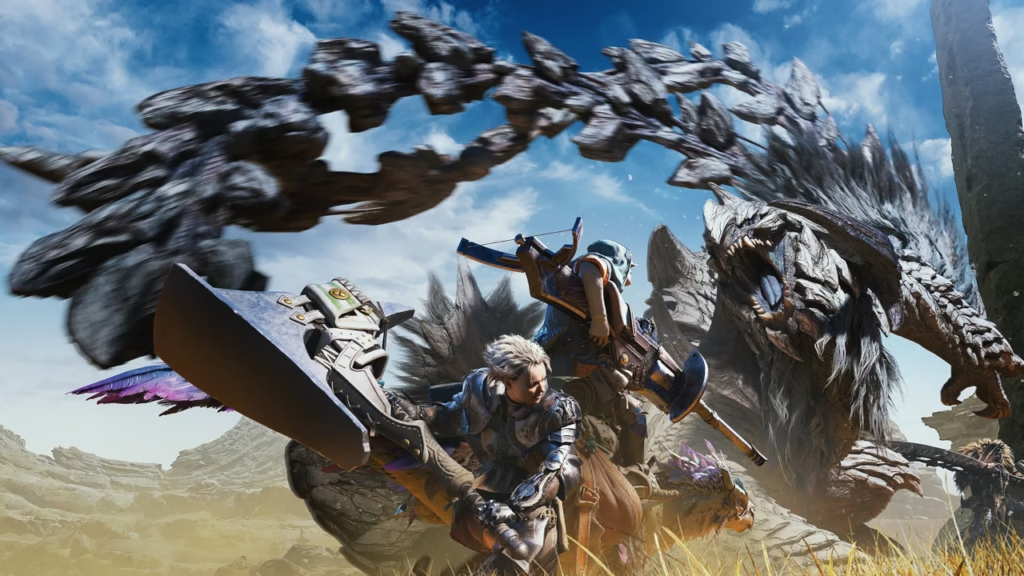
Capcom’s Monster Hunter Wilds serves as a more polished, beginner-friendly successor to World (the title that brought the cult-favourite franchise to the… world), offering a richly detailed ecosystem and a satisfying core gameplay loop of prepping, hunting, and crafting. The objective-driven title excels here with its 14 distinct weapon choices, each with deep mechanics and versatility, allowing players to find a style that suits them best. Initial hurdles like clunky menus, poor dialogue, and voice acting can be off-putting, but stick around for a few missions and things become more manageable. After all, while the narrative is serviceable at best, the standout feature (and the entire crux of the game, to be honest) is the thrilling monster encounters, where each creature’s design and behaviour add drama and awe to the hunts.
The ecosystem feels alive, with dynamic interactions and weather effects enhancing immersion. Combat is strategic yet accessible, with a forgiving difficulty that may feel too easy for veterans but welcomes newcomers. In the end, despite some rough edges, Wilds offers an exquisite, engaging outing, balancing depth with approachability. Read our review here.
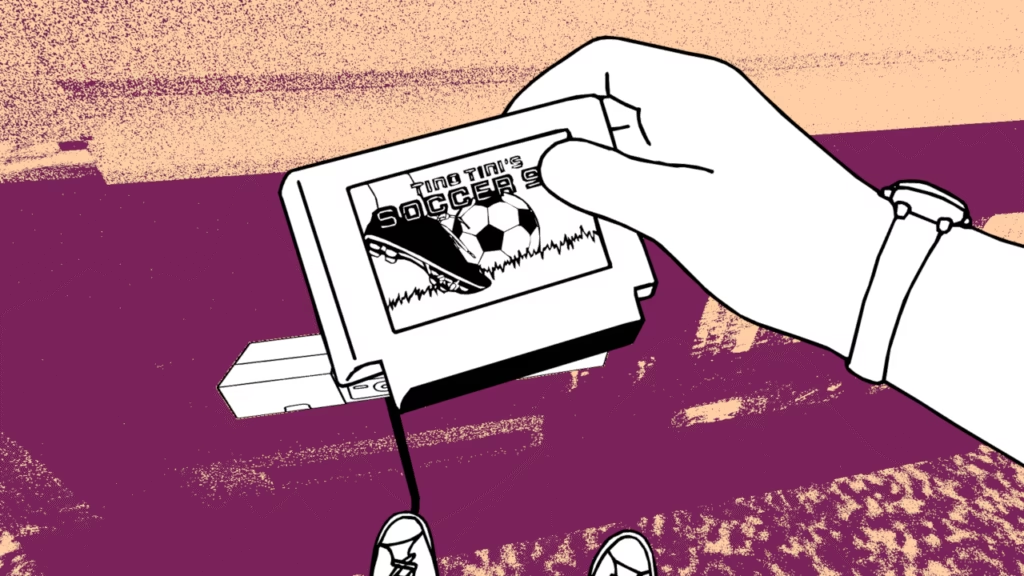
Despelote is the clear outlier on this list. A small toy-like indie, this title isn’t about sprawling worlds, a tonne of sidequests or orchestral scores. What it is, however, is a deeply personal story of one Ecuadorian boy and his relationship with football. While obviously modest in terms of its actual gameplay, the game captures the heart and soul of the game, and those who follow it magnificently.
Working as a collection of footballing snapshots involving the Ecuador national team over the course of the protagonist’s childhood, Despelote isn’t shy of touching upon weighty subject matter. But it does so with a light hand, opting not to burden the player under mountains of exposition, but rather to let them experience these concepts through the eyes of a child. It isn’t an especially long game, but the tiny pockets of interactivity strewn all across its various levels make it an eminently replayable affair. Read our review here.
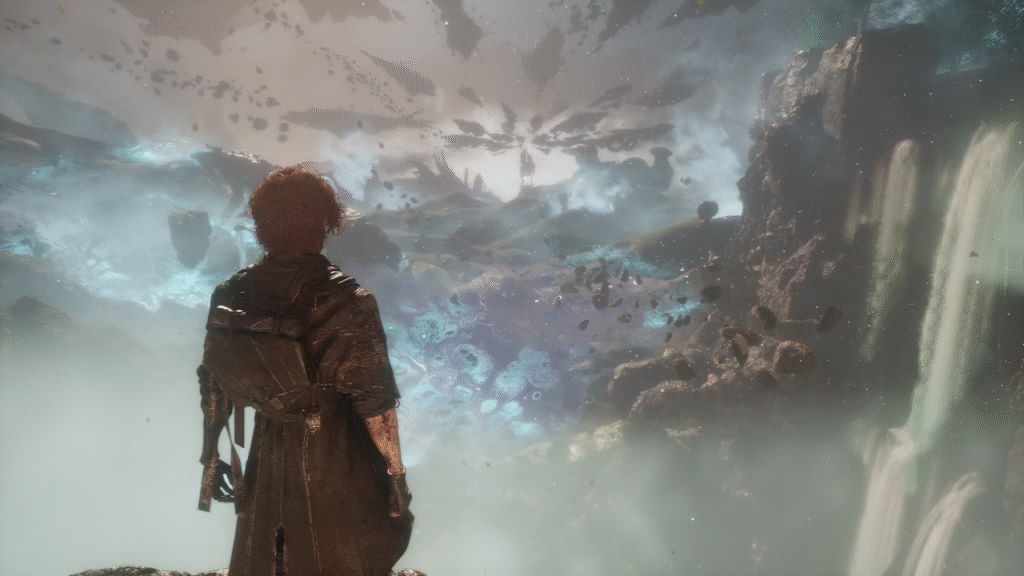
If there was one title this year that truly caught the gaming world off-guard (see what we did there?), it was the French studio Sandfall Interactive’s genre-blending Clair Obscur: Expedition 33. The dark fantasy RPG, featuring some of the most finely-tuned turn-based combat mechanics, follows the volunteers of titular Expedition 33 as they set out to destroy the Paintress, a being behind the deaths of those at or above an ever-decreasing age.
For a AA title, it not only looks gorgeous, but manages to put some of the best in the industry to shame with its gameplay, design and subversive storytelling. The game not only (quite seamlessly) implements some of the best practices in the JRPG-turn-based genre, but also enhances them with tweaks, big and small. Not to mention, in a time when titles are beginning to touch the $80 mark, this is a $45 game that is expansive and dots the i’s and crosses the t’s like nobody’s business.
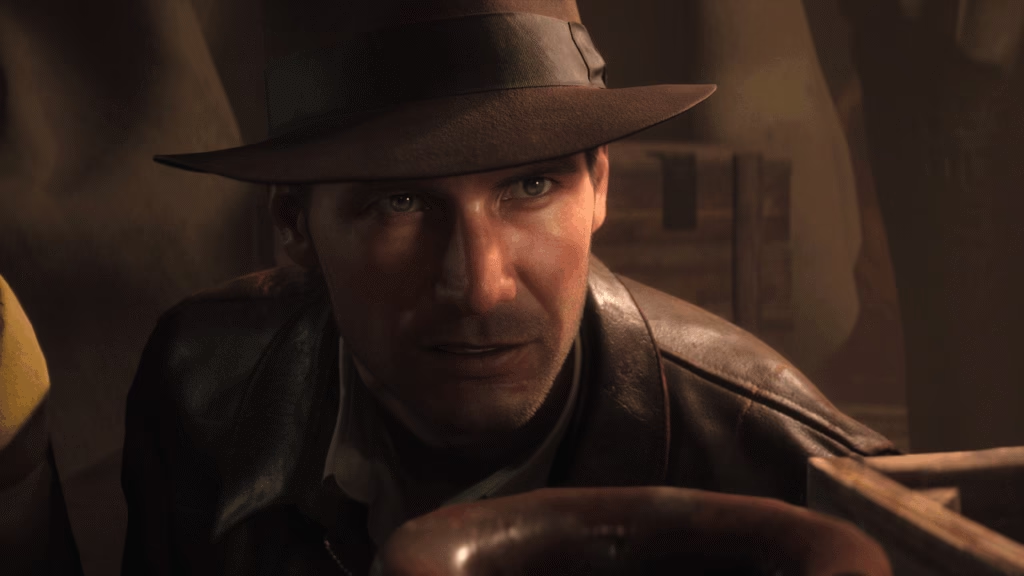
Indiana Jones and the Great Circle is not a 2025 title. But since it released late into December and after 2024’s awards cycle, it’s being included for consideration in this segment. Powered by a linear but engaging narrative and given life by an excellent antagonist, this is a cinematic adventure that taps into everything that made the original trilogy of films so iconic.
Playing as a young Indy, you are tasked with travelling across the world in search of a MacGuffin with the power to end the world as we know it. Fairly typical fare for this franchise, but it’s the execution that knocks it out of the park. Throw in some solid gameplay, high-quality voice acting and writing that feels refreshingly devoid of quippy exchanges, and what you have is one outstanding first-person action-adventure title. With new story DLC around the corner, there’s even more reason to pick up The Great Circle. Read our review here.
And there you have it, our favourites of the year so far. That is not to say these were the only games we enjoyed playing in the past six months. A few titles, like Obsidian Entertainment’s Avowed, 11 Bit Studios’ The Alters, Jump Over The Age’s Citizen Sleeper 2: Starward Vector and Shift Up’s Stellar Blade (Complete Edition), while quite good in parts, didn’t make the cut for one reason or the other. A few others, like Warhorse Studios’ Kingdom Come: Deliverance II, Dogubomb’s Blue Prince and YCJY Games’ Keep Driving, are still on our backlog and may perhaps make it to our end-of-the-year list. And we’ll be there soon enough, before you even notice.
